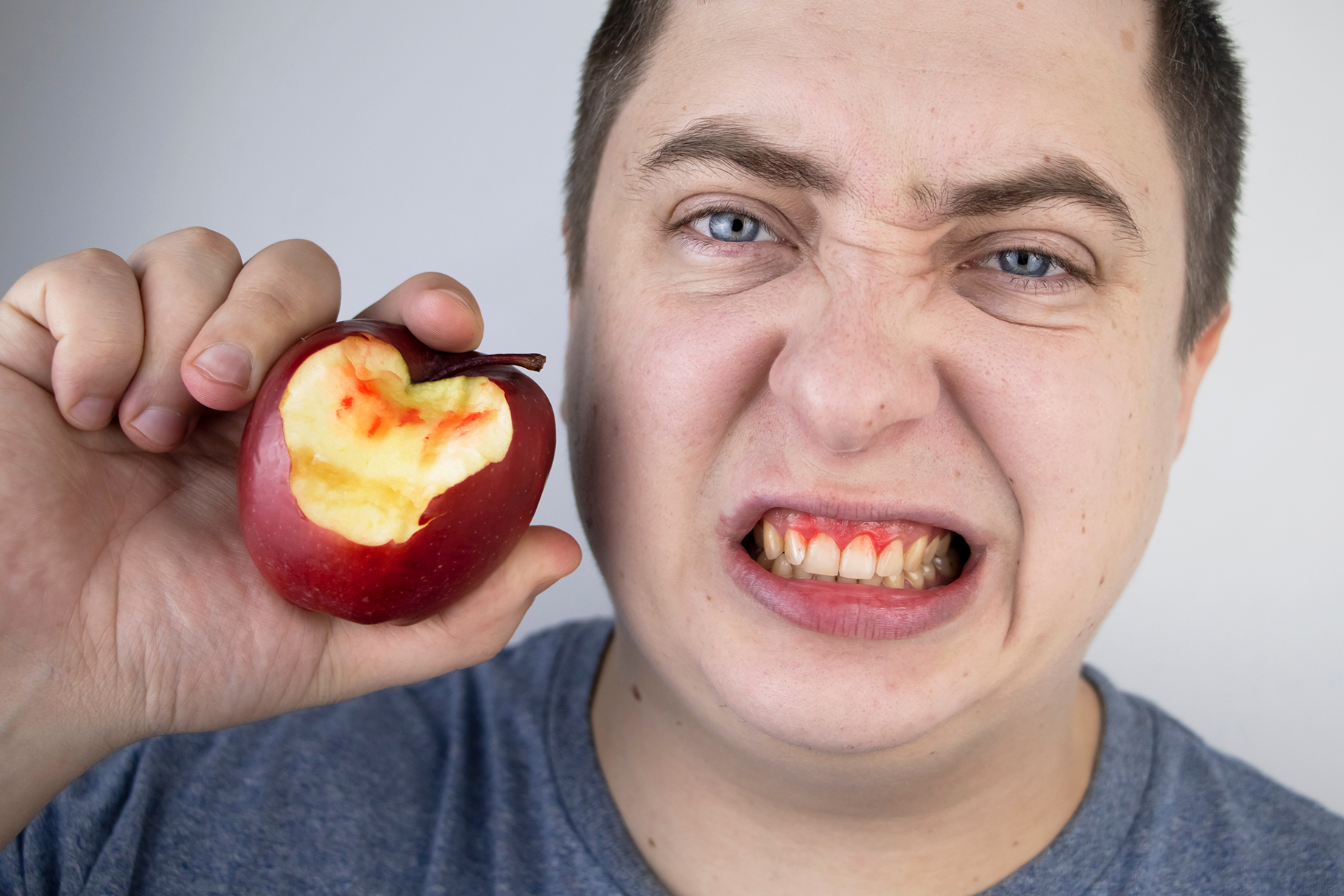Peppy-Mint Kit
Description
A kit of three (1.4oz) peppy mint flavored professional whitening toothpaste + one (2.5oz) whitening accelerator + new generation toothbrush
peppy-mint professional whitening toothpaste
Supersmile started the whitening craze 40 years ago and still whitens teeth 6 shades in 5 days (on average)! The secret to this formula is our exclusive Calprox® formula (which gently whitens and cleans without sensitivity) and the meticulous, 72-hour production process (versus just 3 hours for traditional toothpaste) that ensures the quality in every tube that no other toothpaste can give you.
- Whitens teeth 6 shades in 5 days (on average) without sensitivity* (and we've got the studies to back it up!)
- Fights plaque 10X better than leading plaque-removing toothpastes* (cause plaque is whack)
- 75% less abrasive than the limit set by the ADA* (on a scale of 0-250, we're a 65)
- Remineralizes + restores enamel while fighting cavities (your dentist will love it)
- Makes smiles look shiny + new (even dentures, veneers, or bonded teeth!)
- Fluoride, calcium + phosphates help build additional strength while protecting against cavities
professional whitening accelerator
The faster way to whiten teeth: when paired with professional whitening toothpaste, professional whitening accelerator helps lift even deep-set stains. Expect a brighter smile in less than a week.
A safe, sensitivity-free way to whiten teeth 6 shades in 5 days (on average). This clinically proven formula contains powerful whitening agents that deliver exceptional teeth-whitening results when paired with Calprox®-infused professional whitening toothpaste. Use accelerator and toothpaste together on a dry brush for healthy gums, fresh breath and whiter teeth. From the first use, teeth feel smooth and shiny with no gritty residue.
- Accelerates the whitening process
- Whitens teeth 6 shades in 5 days (on average) without sensitivity* (and we've got the studies to back it up!) Maintains + enhances professionally whitened teeth
- Lifts deep-set stains below the enamel, without sensitivity
- Makes smiles look shiny + new (even dentures, veneers, or bonded teeth!)
new generation toothbrush
Smarter design, cleaner mouth. new generation toothbrush features an ergonomic Lucite handle that guarantees the ADA recommended brushing angle is maintained.
With a patented 45° angled brush head and 5 tufted rows of soft DuPont bristles, new generation toothbrush cleans below the gum line and polishes the tooth surface. Center bristles effectively clean areas where plaque and bacteria can accumulate. It’s the number one toothbrush recommended by aesthetic dentists. Even better? It stands upright for hygienic drying.
- The ONLY toothbrush recommended by aesthetic dentists (and we can back that up!)
- Unique brush head that cleans under the gum line
- Ergonomic handle that guarantees proper brushing
- Stands upright for hygienic drying









